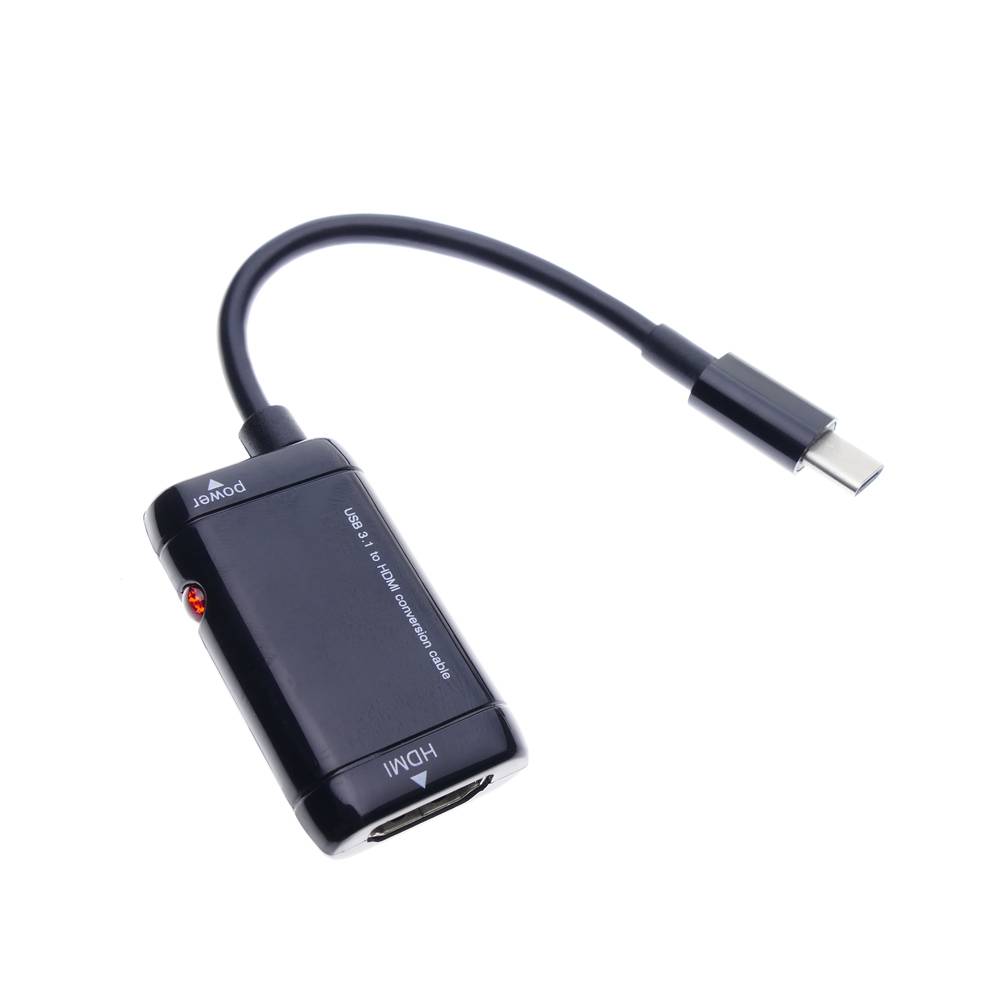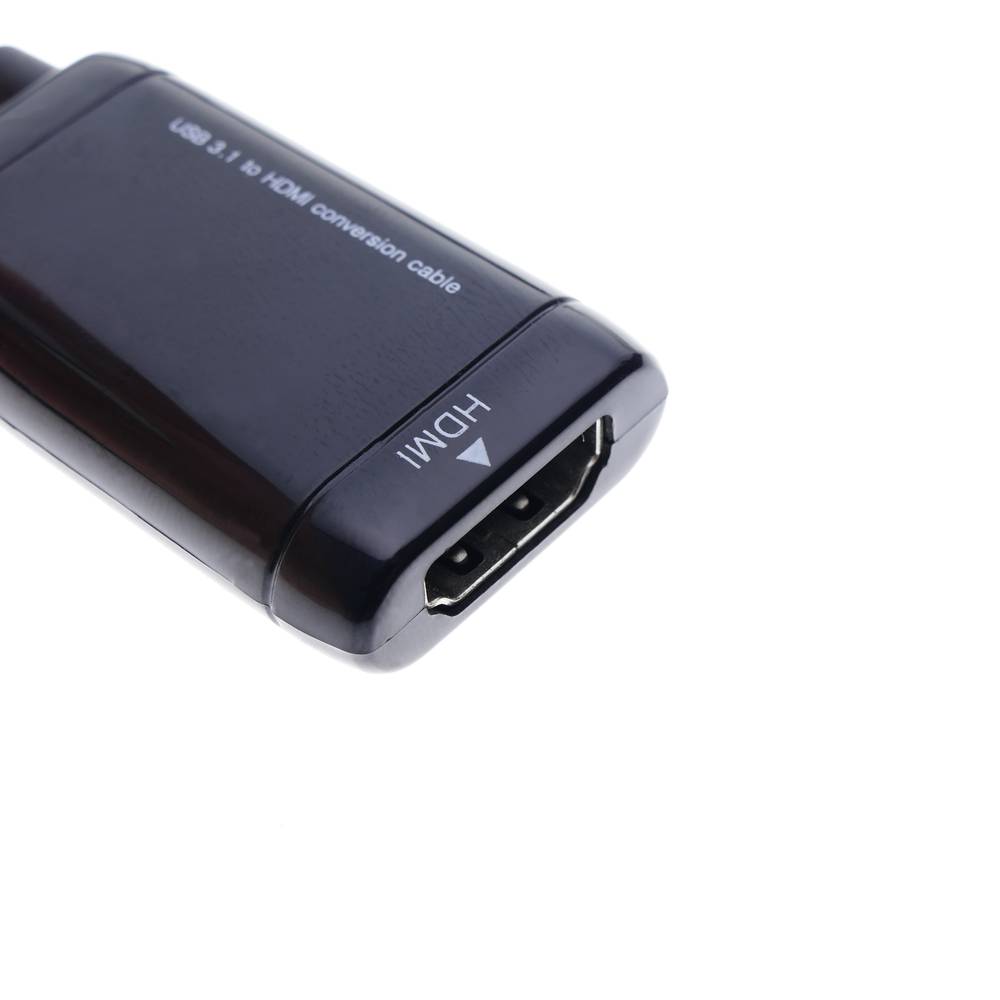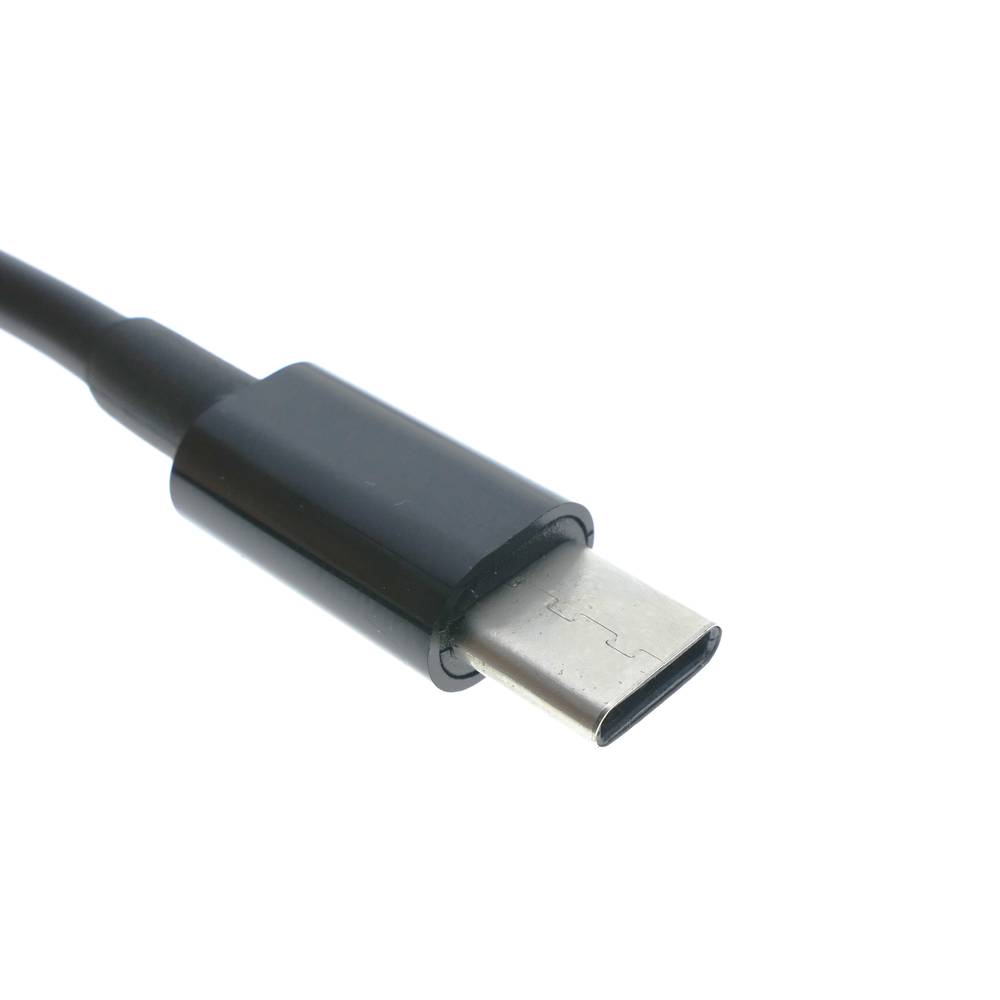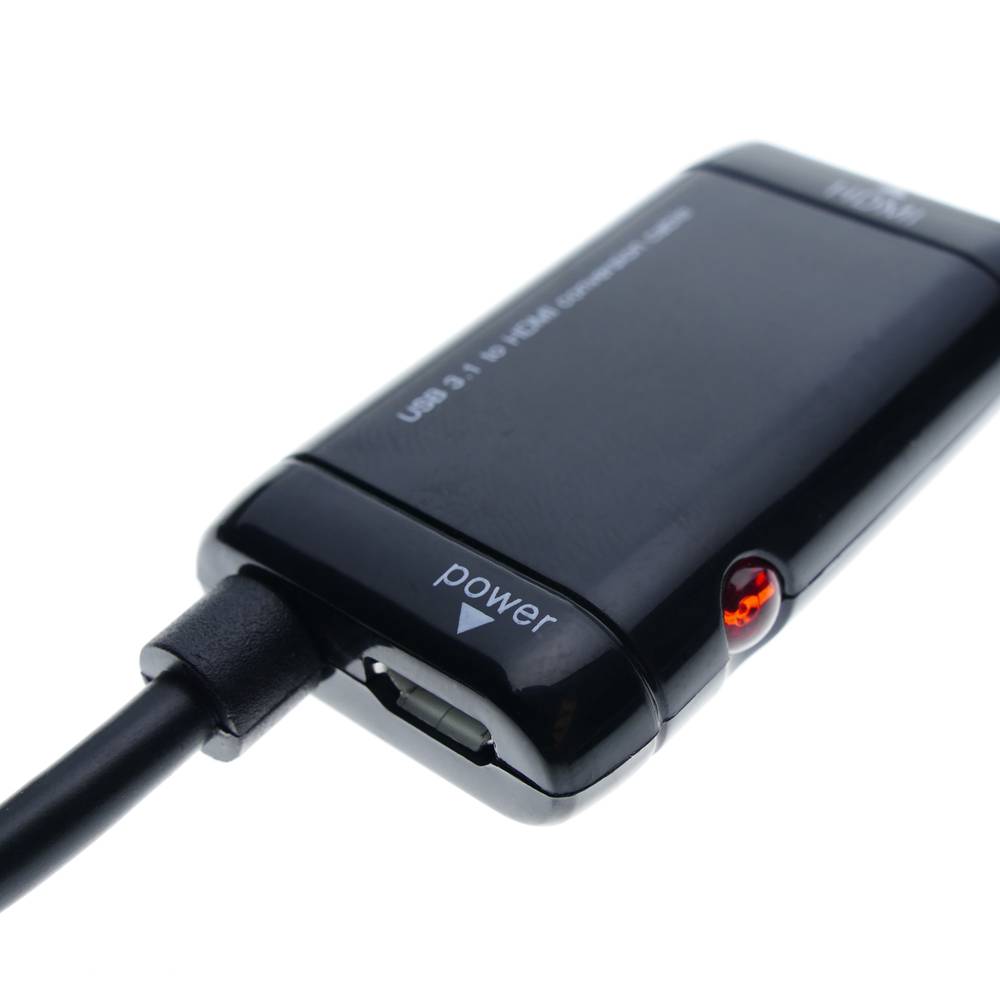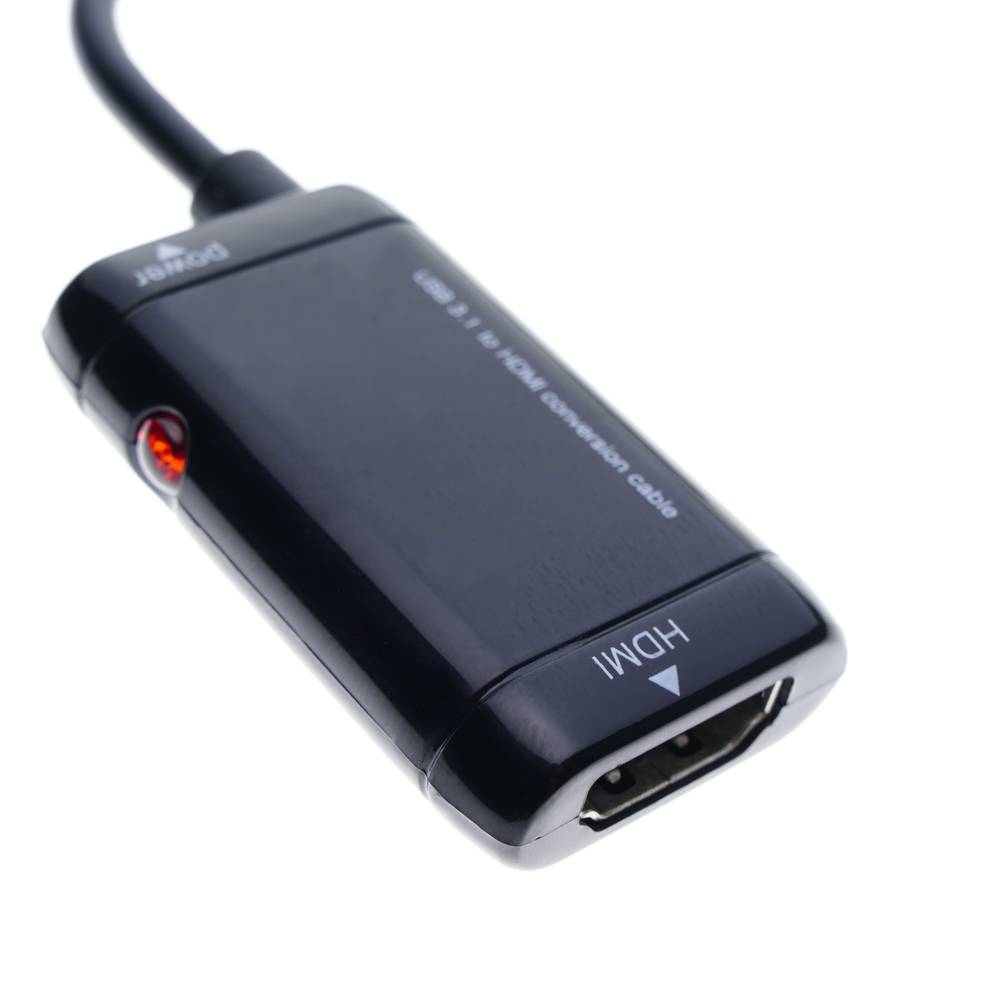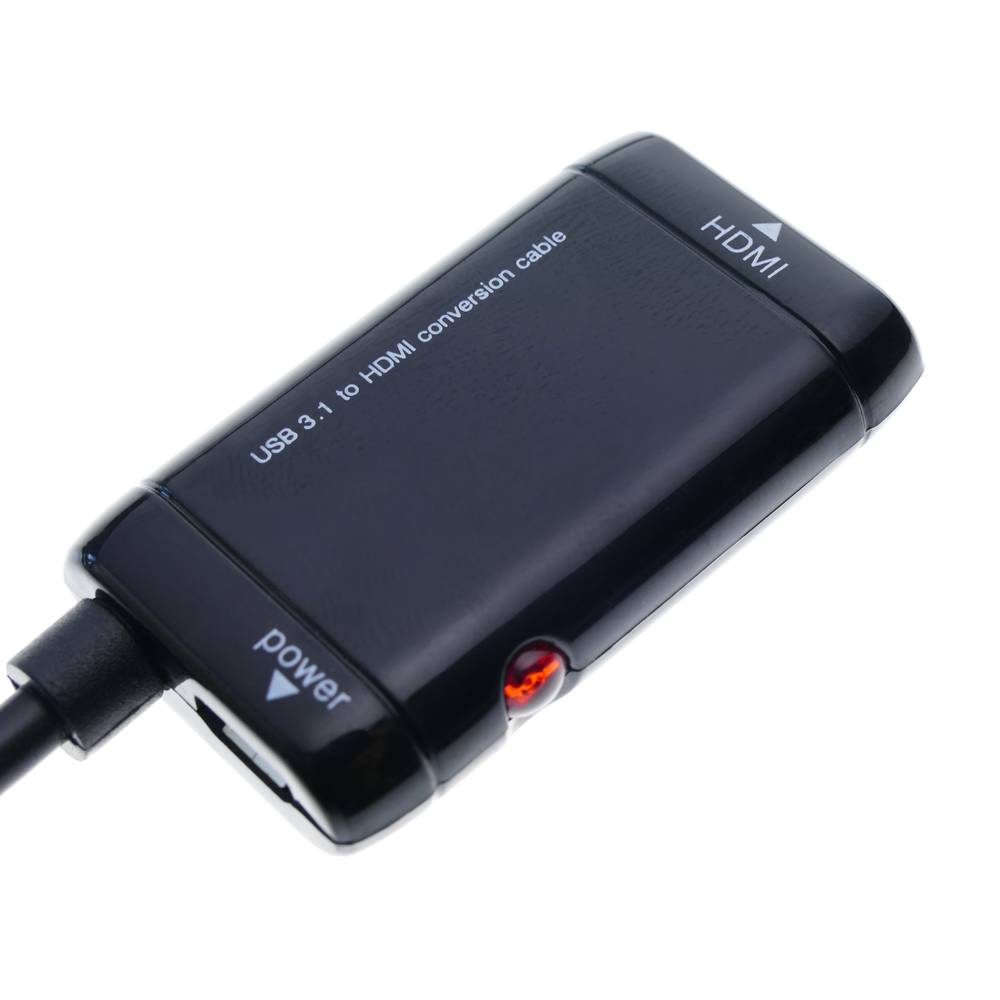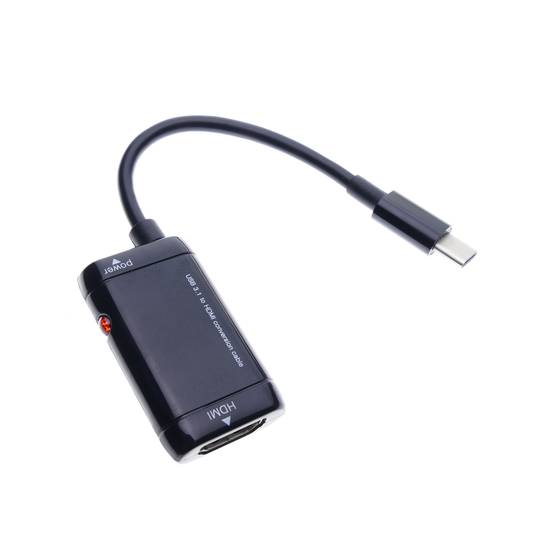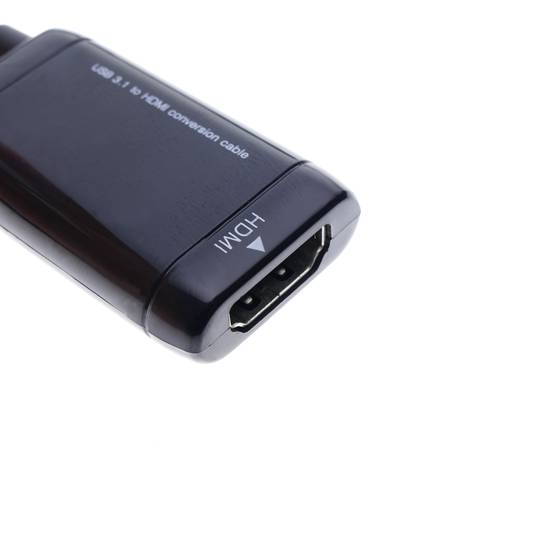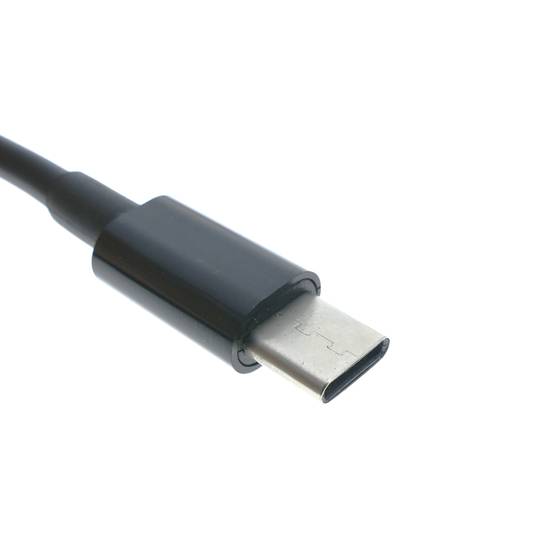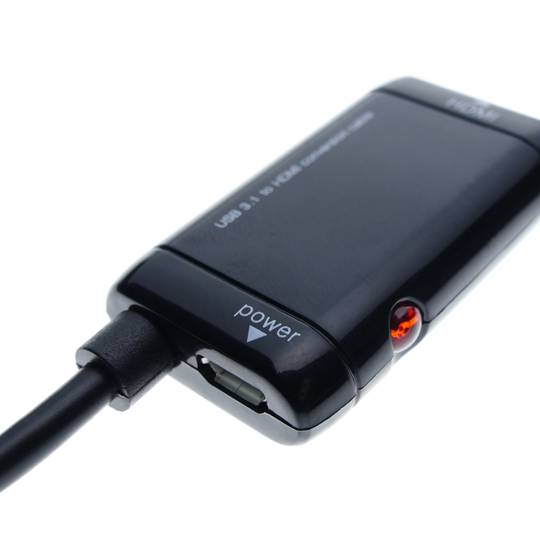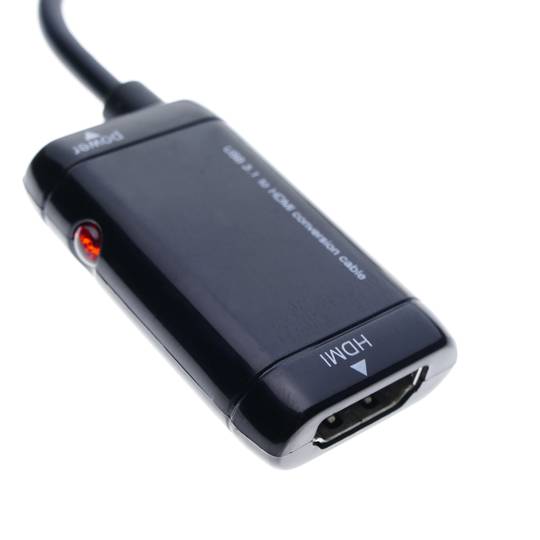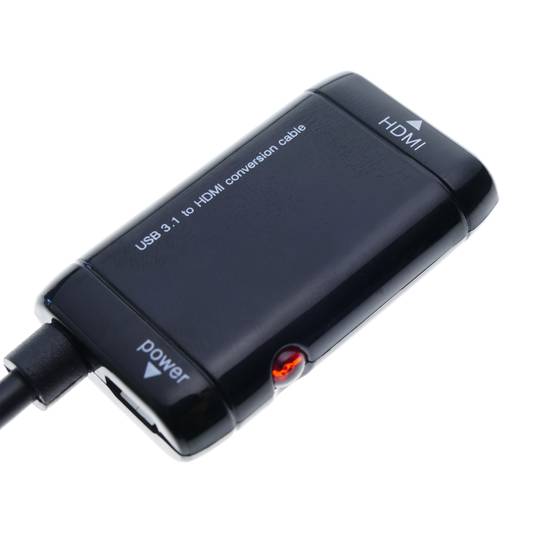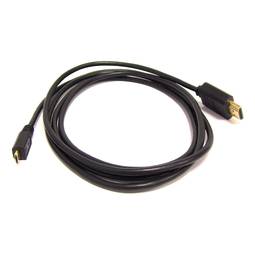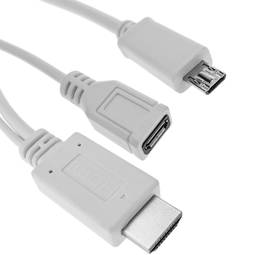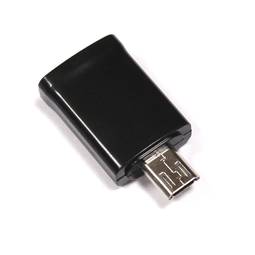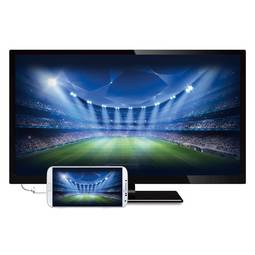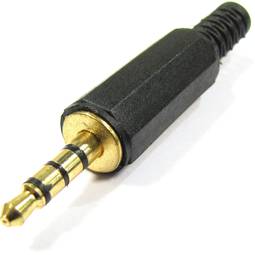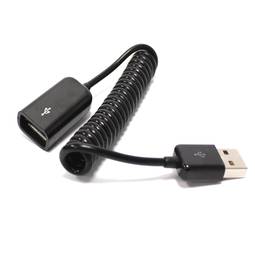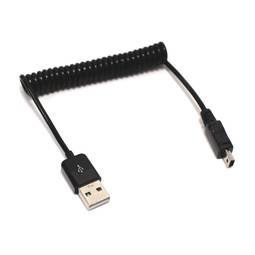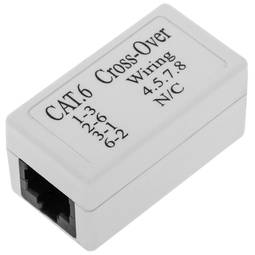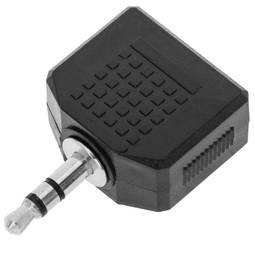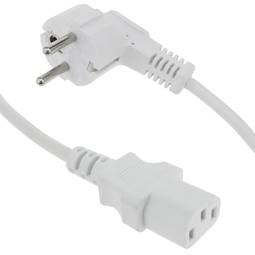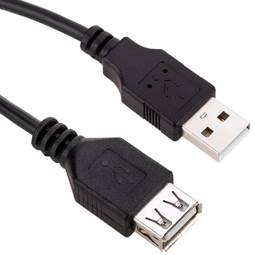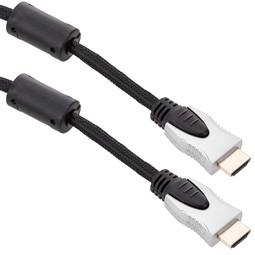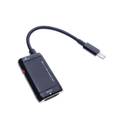02/26/2025 7:07 p.m.
https://stage.cablematic.com/en/products/mhl-to-hdmi-converter-cable-usb-c-31-for-mobile-phone-tablet-smartphone-MH013/
https://stage.cablematic.com/en/products/mhl-to-hdmi-converter-cable-usb-c-31-for-mobile-phone-tablet-smartphone-MH013/
MHL to HDMI converter cable USB-C 3.1 for mobile phone tablet smartphone
REF: MH013
OUTLET
Specifications
- Adapter cable from USB C 3.1 to HDMI, for mobile phones, smartphone, tablets, etc.
- The USB-C 3.1 adapter is reversible and can be inserted into USB micro USB sockets.
- Compatible with the MHL 3.2 standard.
- It has a female HDMI connector for connection to high definition TV.
- May require additional power It incorporates micro USB connector for power through USB (does not include power supply or USB cable for power).
PVP
€19.23
€2.31
Price including VAT:
€2.31
PVD
€16.82
€2.02
PVP: Retail price.
Check conditions.
PVP: Sale price to distributors.
Check conditions.
warranty
returns
OUTLET
Specifications
- Adapter cable from USB C 3.1 to HDMI, for mobile phones, smartphone, tablets, etc.
- The USB-C 3.1 adapter is reversible and can be inserted into USB micro USB sockets.
- Compatible with the MHL 3.2 standard.
- It has a female HDMI connector for connection to high definition TV.
- May require additional power It incorporates micro USB connector for power through USB (does not include power supply or USB cable for power).
More info
Adapter from MHL to HDMI. The high-definition mobile link (MHL = Mobile High-Definition Link) allows you to connect mobile devices to high definition TV with HDMI interface. The mobile device must support MHL technology. It is a 10 cm cable terminated in USB 3.1 male connector that connects to the mobile terminal (MHL). At the other end it has a female HDMI connector. In this way the direct mobile phone is connectedto TV. In the HDMI connector it has a micro USB female port, for powering the cable (5VDC power supply is not supplied). Compatible HDMI, MHL and HDCP at resolutions of 25-75 MHz.
Specifications
Specifications
- Adapter cable from USB C 3.1 to HDMI, for mobile phones, smartphone, tablets, etc.
- The USB-C 3.1 adapter is reversible and can be inserted into USB micro USB sockets.
- Compatible with the MHL 3.2 standard.
- It has a female HDMI connector for connection to high definition TV.
- May require additional power It incorporates micro USB connector for power through USB (does not include power supply or USB cable for power).
- USB 3.1 allows a transmission speed of up to 10 Gbps.
- Gross Weight: 50 g
- Product size (width x depth x height): 16.5 x 2.6 x 1.2 cm
- Number of packages: 1
- Packages size: 15.0 x 9.3 x 2.5 cm
Technical terms
- HDMI
- USB
- MicroUSB
- Mini USB
- Hz
- MHL
- HDCP
- Reversible USB Type-C
- Gbps
- test3
- test3
- USB 3.0
HDMI
The acronym "HDMI" stands for "High Definition Multimedia Interface".
The HDMI interface allows transmission of video and audio between devices, supporting video resolutions 480i, 480p, 576i, 576p, 720p, 1080i, 1080p, 1440p, 1600p.
Different HDMI versions
HDMi 1.0
- December 2002.
- Maximum transfer of 4.9 Gbit/s.
- Supports up to 165 Mpixels/s video mode (1080p or UXGA 60Hz) and 8-channel/192 kHz/24-bit audio mode.
HDMI 1.2
- August 2005.
- Added support for One Bit Audio, used on Super Audio CDs, up to 8 channels.
- Availability HDMI Type A connectors for PC.
HDMI 1.3
- June 2006
- Bandwidth 340 MHz.
- Data rate of 10.2 Gbit/s.
- Dolby TrueHD and DTS-HD,
HDMI 1.4
- Send video and audio HD
- Data and 3D video.
- FullHD to XHD (eXtended High Definition) up to 4096 × 2160 pixels (24 frames per second) or 3840 × 2160 (30 fps).
- Audio Return Channel that will need fewer cables to have a surround sound system connected to the TV.
- Built-in Ethernet connection cable with speeds up to 100 Mbit/s own.
HDMi 2.0
- September 2013
- Bandwidth of up to 18 Gbit/s
- 4K @ 50/60 (2160p) video
- Up to 32 audio channels to a multi-dimensional immersive experience
- Up frequency 1536kHz for maximum audio fidelity sound
- Simultaneous Delivery 2 streaming video to multiple users on the same screen
- Streaming audio up to 4 users
- Support theater angle 21:9 radio
- Dynamic synchronization of video and audio in streaming
- Extensions of CEC commands to control multiple devices from a single point.
Type HDMI
Type A (picture 1): It is the standard connector used in almost all devices.
Type B (picture 2): A connector rarely used.
Type C (picture 3): A connector widely used in tablets, smartphones and other devices.
Type D (picture 4): A connector used in smartphones.
Type E (picture 5): IA connector used for vehicles connectivity.
The HDMI interface allows transmission of video and audio between devices, supporting video resolutions 480i, 480p, 576i, 576p, 720p, 1080i, 1080p, 1440p, 1600p.
Different HDMI versions
HDMi 1.0
- December 2002.
- Maximum transfer of 4.9 Gbit/s.
- Supports up to 165 Mpixels/s video mode (1080p or UXGA 60Hz) and 8-channel/192 kHz/24-bit audio mode.
HDMI 1.2
- August 2005.
- Added support for One Bit Audio, used on Super Audio CDs, up to 8 channels.
- Availability HDMI Type A connectors for PC.
HDMI 1.3
- June 2006
- Bandwidth 340 MHz.
- Data rate of 10.2 Gbit/s.
- Dolby TrueHD and DTS-HD,
HDMI 1.4
- Send video and audio HD
- Data and 3D video.
- FullHD to XHD (eXtended High Definition) up to 4096 × 2160 pixels (24 frames per second) or 3840 × 2160 (30 fps).
- Audio Return Channel that will need fewer cables to have a surround sound system connected to the TV.
- Built-in Ethernet connection cable with speeds up to 100 Mbit/s own.
HDMi 2.0
- September 2013
- Bandwidth of up to 18 Gbit/s
- 4K @ 50/60 (2160p) video
- Up to 32 audio channels to a multi-dimensional immersive experience
- Up frequency 1536kHz for maximum audio fidelity sound
- Simultaneous Delivery 2 streaming video to multiple users on the same screen
- Streaming audio up to 4 users
- Support theater angle 21:9 radio
- Dynamic synchronization of video and audio in streaming
- Extensions of CEC commands to control multiple devices from a single point.
Type HDMI
Type A (picture 1): It is the standard connector used in almost all devices.
Type B (picture 2): A connector rarely used.
Type C (picture 3): A connector widely used in tablets, smartphones and other devices.
Type D (picture 4): A connector used in smartphones.
Type E (picture 5): IA connector used for vehicles connectivity.



